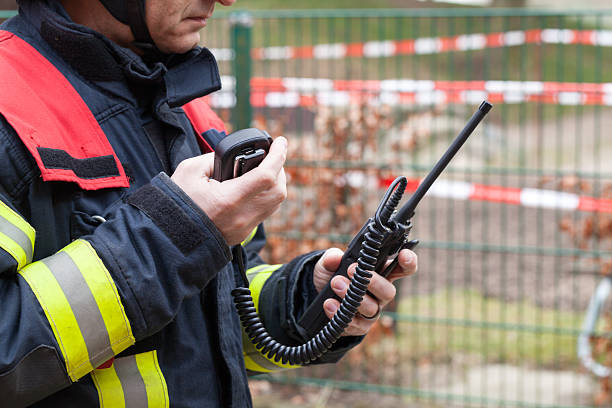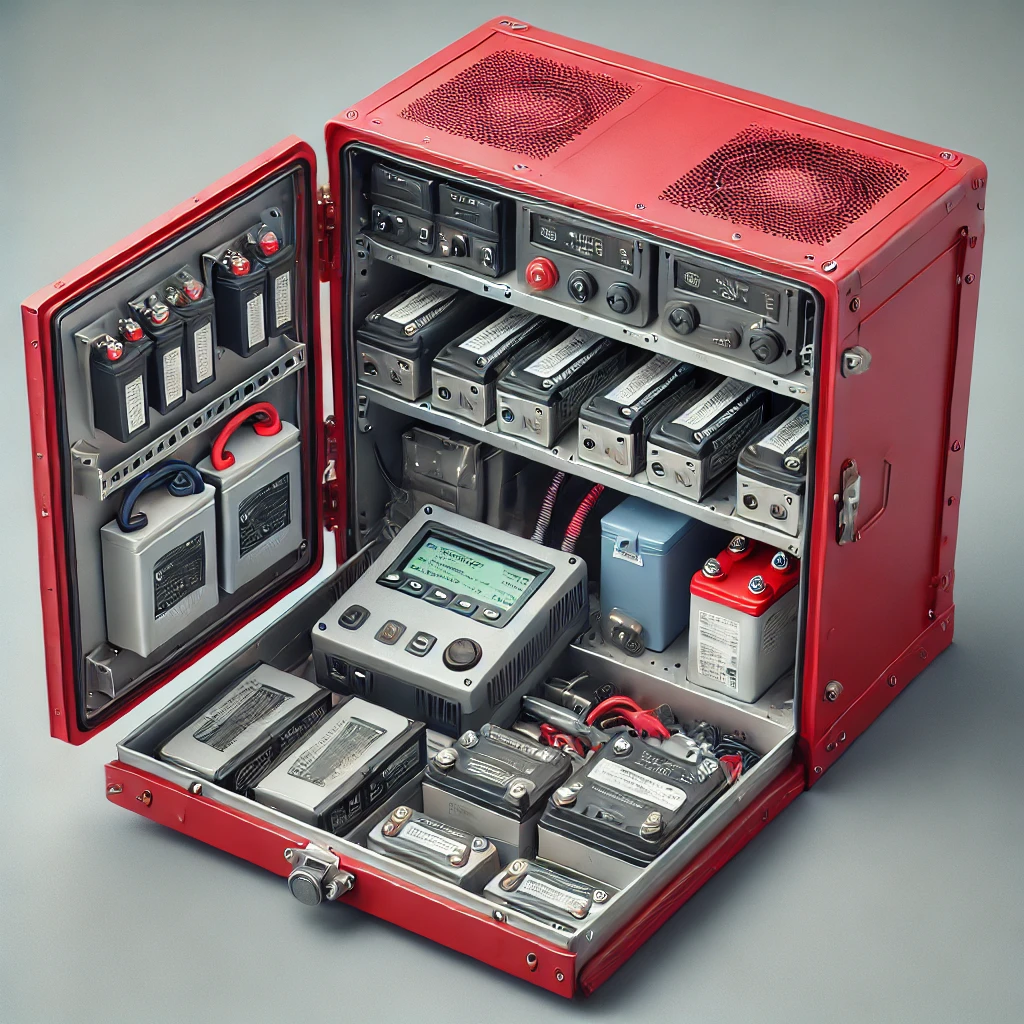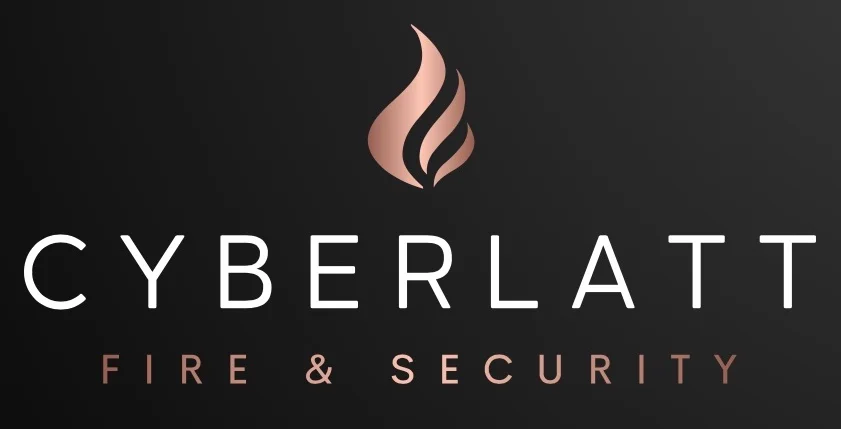Ensure your building meets all regulatory requirements with our expert inspection services.
At Cyberlatt, we provide professional BDA (Bi-Directional Amplifier) and ERCES (Emergency Responder Communication Enhancement Systems) inspections, ensuring your building complies with NFPA and IFC regulations. With our RSI-certified inspectors, you can trust that every detail of your system is thoroughly evaluated for optimal performance.

Why Choose Cyberlatt for BDA/ERCES Inspections?
RSI Certification:
Our inspections are conducted by certified professionals, ensuring a thorough and reliable evaluation of your emergency communication systems.
Ensure Compliance:
Stay compliant with NFPA 1221 and IFC 510 regulations, avoiding fines and operational delays.
Reliable Safety:
Optimize your BDA/ERCES system to guarantee effective communication during emergencies.
Actionable Insights:
Receive a detailed compliance report with practical recommendations to address any gaps.
Proactive Maintenance:
Identify issues early and maintain your system’s performance with our inspections.

Our Inspection Process
Signal Strength Testing:
Perform a detailed evaluation of radiofrequency signal strength across all building areas, ensuring compliance with NFPA 1221 standards and reliable emergency communication in critical zones.
Equipment Condition Assessment:
Inspect the physical and functional state of key components, including Bi-Directional Amplifiers (BDA), Distributed Antenna Systems (DAS), and battery backup units, ensuring optimal performance and durability.
Regulatory Compliance Verification:
Confirm that all system components adhere to local and national regulations, including NFPA 1221, IFC 510, and jurisdiction-specific codes. Verify FCC certifications and UL standards compliance.
Operational Testing:
Conduct operational tests to ensure the system performs effectively under various conditions, including emergency simulations and power outages, guaranteeing reliable responder communication.
Comprehensive Reporting:
Provide a detailed inspection report outlining findings, signal measurements, equipment condition, and any deficiencies. Include actionable recommendations to address compliance gaps and optimize system performance.
Preventive Maintenance and Training:
Offer preventive maintenance plans and on-site training to relevant personnel, ensuring continued system reliability and readiness for annual and five-year inspections as required by regulations.


